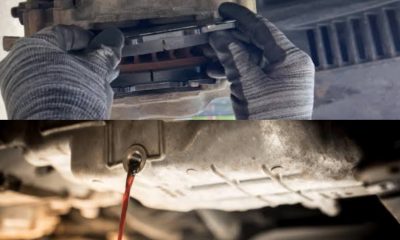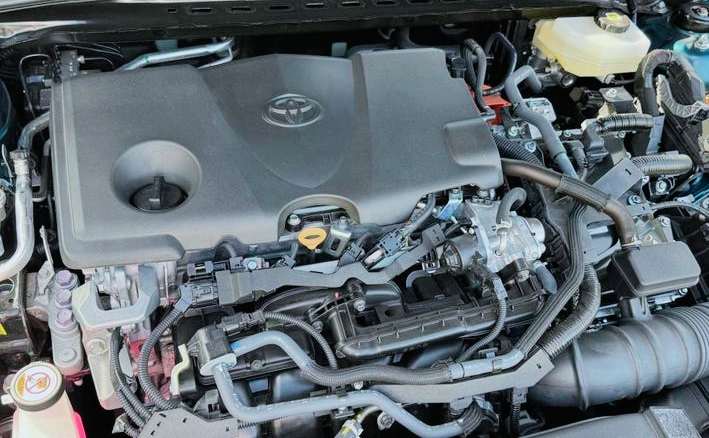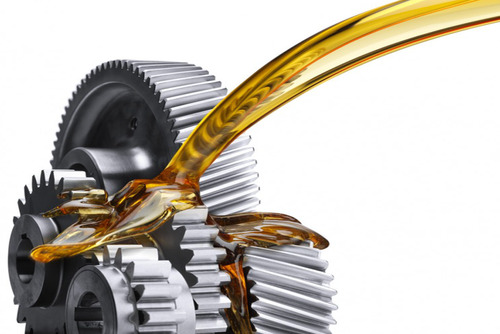Car/Vehicle Maintenance
Why do my car misfire

Car misfire are a common and concerning issue for car owners, affecting both older and newer vehicles.
A misfire occurs when one or more cylinders in an internal combustion engine fail to ignite the fuel-air mixture properly.
This disruption can lead to a range of problems, from decreased fuel efficiency to potential damage to the engine.
Understanding the root causes of misfires is crucial for diagnosing and resolving these issues. Lets look at the causes one after the other;
1. Ignition System Issues
One of the primary reasons for engine misfires is problems within the ignition system.
Faulty spark plugs, damaged spark plug wires, or a malfunctioning ignition coil can disrupt the spark required to ignite the fuel-air mixture.
Regular maintenance of these components is essential to prevent misfires.
2. Fuel System Problems
Issues within the fuel system can also contribute to engine misfires.
Clogged fuel injectors, a malfunctioning fuel pressure regulator, or a dirty fuel filter can lead to an improper fuel mixture, resulting in misfires.
Regular fuel system maintenance, including injector cleaning, is crucial to prevent these problems.
3. Airflow Restrictions
A proper balance of air and fuel is essential for efficient combustion.
Any restrictions in the airflow, such as a clogged air filter or a malfunctioning mass airflow sensor, can disrupt this balance and lead to misfires.
Regularly replacing air filters and inspecting sensors can help prevent these issues.
4. Vacuum Leaks
Vacuum leaks can introduce unwanted air into the combustion process, affecting the air-fuel mixture.
Common sources of vacuum leaks include cracked hoses, gaskets, or intake manifold issues.
Identifying and fixing these leaks is crucial to prevent misfires and maintain engine performance.
5. Mechanical Problems
Certain mechanical issues within the engine can also contribute to misfires.
These may include worn-out piston rings, a damaged cylinder head gasket, or valve-related problems.
Regular engine maintenance and prompt identification of mechanical issues are vital to prevent misfires and ensure engine longevity.
6. Faulty Sensors
Modern vehicles rely heavily on various sensors to monitor and regulate engine performance.
A malfunctioning crankshaft position sensor, camshaft position sensor, or oxygen sensor can lead to misfires.
Regular diagnostics and sensor checks during routine maintenance can help prevent such problems.
Car misfire can be attributed to a variety of factors, ranging from issues in the ignition and fuel systems to mechanical problems and sensor malfunctions.
Regular and proactive maintenance, along with prompt identification and resolution of issues, is crucial in preventing misfires and ensuring optimal engine performance.
Car owners should be aware of the signs of misfires, such as rough idling, poor acceleration, or illuminated check engine lights, and address these issues promptly to avoid more severe consequences.





















